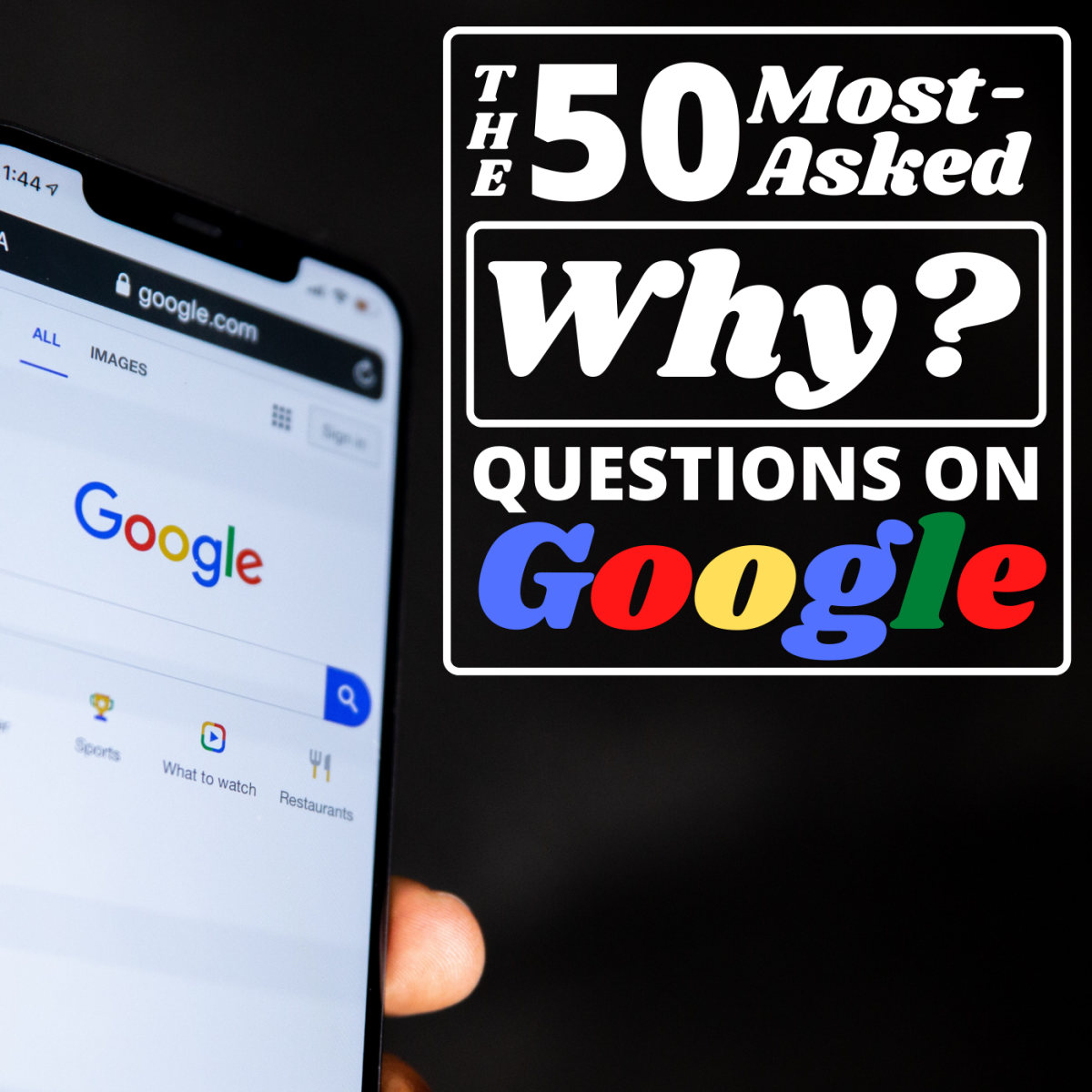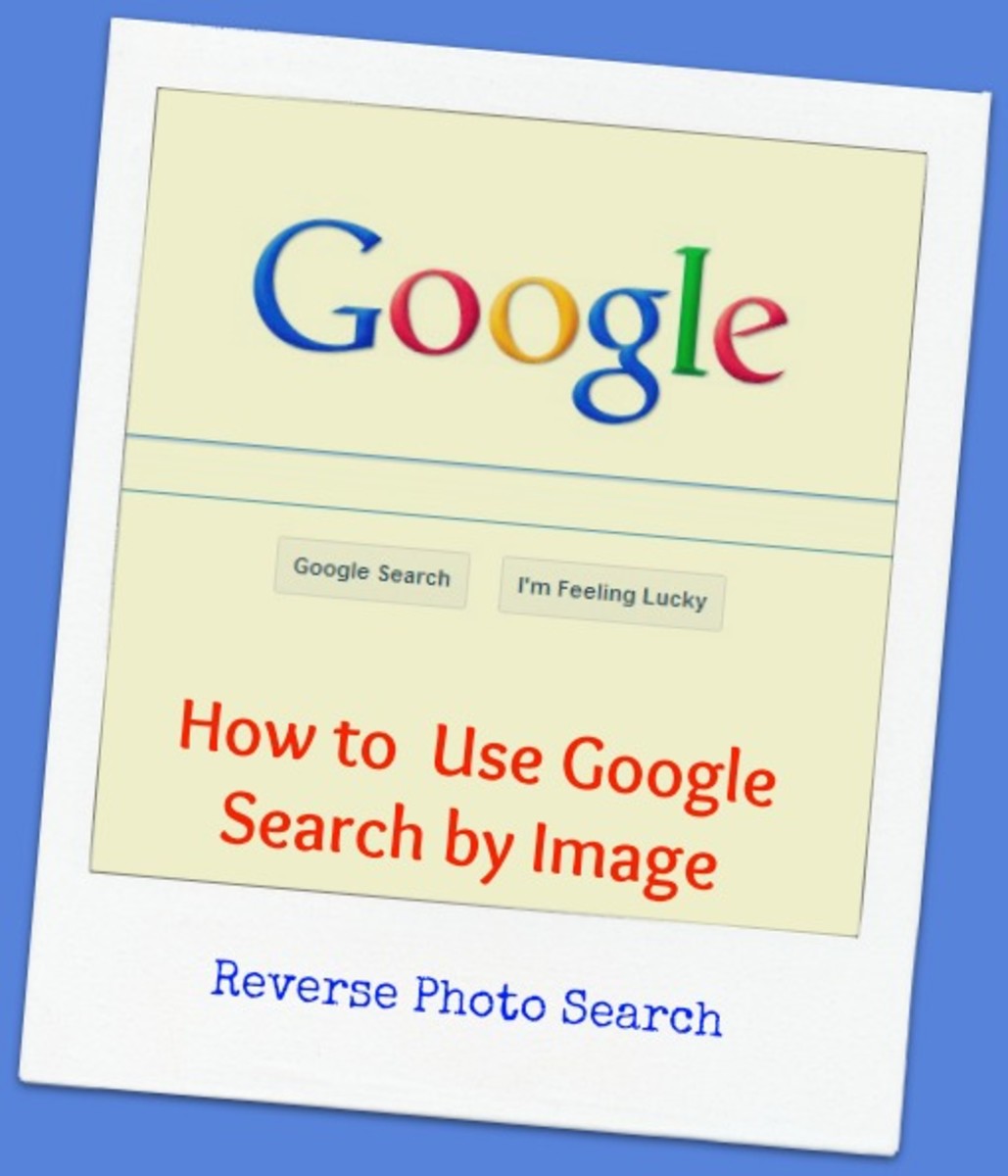- HubPages»
- Technology»
- Internet & the Web»
- Search Engines
Believing in a Higher Bing

Did Google Screw Up?
If you look at the market share percentages between the major search engines in the US over the last 3 years, you’ll notice a slight decrease in Google’s share, and slight increase in Bing and Yahoo’s portion of the search engine pie. There are multiple sources for this information, with some being more scientific and reputable than others, but they all pretty much agree on the previous statement. This article from Search Engine Land, and this one from Search Engine Journal (both put out in the last year) agree as well. So why is that? Is it a trend, or is it just a fluke? As a digital marketing professional, these questions actually have major consequences in my industry, which affects how every other industry does marketing and advertising.
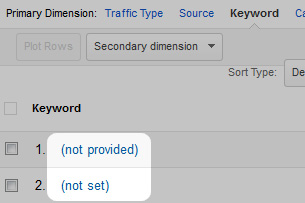
Which Search Engine Do You Use Most?
Not Provided? What the....?
There is no one answer to the shift in numbers, but I think there is one factor that’s being overlooked. I believe Google's move to go towards nearly 100% (not provided) keyword data is a bad one, and not just for selfish reasons. As an SEO/digital marketer for the past 9 years, I was around for a good amount of time before Google made the “not provided” switch. I loved the keyword data one could easily look at in Google Analytics, and then match it with the rest of the information in Analytics to get quick insights to how you were performing with different keywords. It seems likely that Google is going to continue to lose ground on the search battlefield due to this move. Here's why: People are attracted to the free flow of information - and the quicker the better. We’re living in the “Information Age”. Google has long been the "King of Search" because they have been the master of free-flowing information. When people want to look something up, they say "Google it". Even if they use a different search engine to do it, nobody says "hey, can you Bing that for me?". But if Google keeps going the way of restricting information, that might change. And it might start with us SEO's and digital marketers.
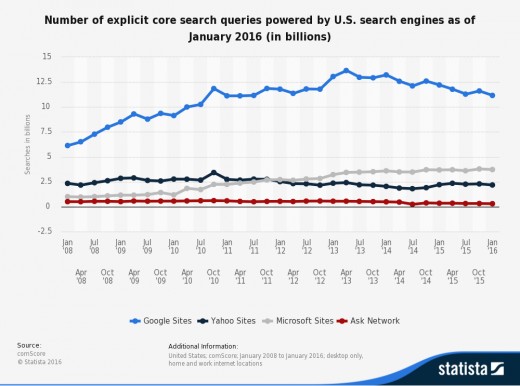
The Door is Open for a Bing Rise
I was just reading the umpteenth article on what digital marketers can do to maintain enough data to achieve the visibility needed to justify SEO budgets to the decision makers. Since Google pulled pretty much all keyword specific data, that task got a little harder. No longer can you show exact correlation to increased organic traffic from coveted keyword phrases in a quick and simple way from the convenience of your analytics dashboard. However, there are a few free routes you can still take to get a decent picture of your organic specific keyword traffic in Google. Every one of these articles mentioned the simple formula of Bing keyword numbers increased by the ratio of whatever organic Google traffic you get. That equals a rough estimate of Google keyword numbers. The same goes for Yahoo and any other search engines you might have keyword data for. But think of what that means. That means that more people, namely marketing professionals, are going to be spending more time on Bing. What happens when you spend more time with something? You become more familiar with it. And if it’s something good, you begin to like it more. In other words, I think Bing is getting more ads purchased and will continue to see ad revenue increase at least in part due to the rising visibility they have with digital marketers. These same professionals are using more of their client’s budget on Bing ads (or at least recommending that they do so). What happens when your company puts an ad somewhere? You go check it out. That means that the clients themselves will be spending more time on Bing and becoming more familiar with it. And what happens when you become more familiar with something? We already covered this. You get the picture. The dates of Google’s data change and Bing’s rise almost exactly correlate. Google gave marketing professionals a reason to look elsewhere. So they did. What happens when you stop the free flow of information? People quickly turn to other sources.
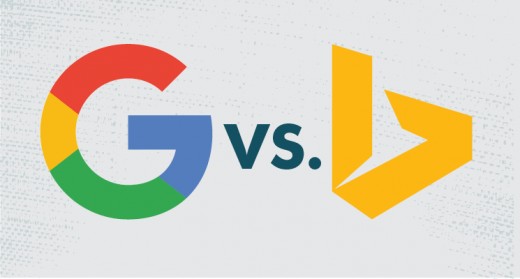
How Does Bing Rate?
Other Factors
Now Bing has done several other things to help their cause. They started a rewards program that gives you perks for simply doing searches and other things on Bing. They made the Bing home page much more appealing with beautiful full screen images and video that have interesting facts about them that you can click on to learn more. They also have a news scroll at the bottom with images to go along with each item. All these things and more tend to induce a more interactive experience from the initial home page. But I still think that Bing being more generous with their keyword data has had a sizeable impact.
Now there are other ways to make educated guesses and create actionable keyword data. But none seem to be quite as fast or convenient. You can look at landing pages and then check to see what keywords those pages are ranking for and make estimates that way. You should also dive in deeper to Google Search Console (Webmaster Tools). Looking at your clicks, impressions, and other search data. Then pair that with your other findings to give you a fairly accurate assessment of which keywords your organic traffic is coming from. All of these together would probably get you the closest to what the actual numbers are, but it's still just an educated guess. Google doesn't report every single click in Search Console. The quickest way is going to be to look at Bing analytic keyword data and say "multiply that by 5"(or whatever your Bing to Google ratio is). Now we know that's not going to be completely accurate, but raise your hand if you're an SEO-er and you have free time waiting to create multi-layered formulas to get a somewhat better guess at what your Google keyword traffic numbers are. There are some companies with big budgets and staff who could consistently take this on and refine it for your situation. But most don’t want to. And guess what? No matter how refined your formula gets, it's still an educated guess. It might be more educated than the than most, but you really don't know for sure if it's any more accurate.
Competition is a Good Bing...I Mean Thing
All of this is going to result in more time spent looking at and becoming more familiar with Bing's numbers. As I said earlier, with familiarity usually comes fondness, even for people who didn’t appreciate Bing in the past. Think about it. How many times have you had a bad first impression about someone, and then after a time spent actually getting to know the person, you start to see how cool they are. It's happened to me many times. I see the dominos falling for Bing here. Search marketers start putting more efforts towards optimizing for Bing because they're spending more time looking at Bing data and it's on their mind more. And why not? The increased traffic we get there will give us more keyword-specific data to help our overall campaign. Maybe they start putting some money towards Bing PPC with thoughts like "I'm here in Bing already" and "our conversion rates are actually pretty good". SEO's get more and more familiar and comfortable with Bing. Then it snowballs into actually doing personal searches on Bing.
Many of you might be thinking, "It's not that simple" or "The majority of market is still on Google". And you'd be mostly right. But maybe not for long. Google and Bing are going in different directions. Yahoo is somewhat being dragged along by Bing while they're busy creating new logos and trying to figure out a way to break their contract with Bing and become relevant in search again.
I think that perhaps most powerful element in this equation is that most people have never really liked monster monopolies- especially when they start to take the attitude of “I can do whatever I want”. This only fuels the fire of those who like to go against the grain and find other solutions, those who like to be disruptive and forge their own way. Maybe this means there’s a greater number of hipsters that use Bing. I think Google has somewhat forgot how they get to where they are. They provided the free data, tools, programs, and apps that were catalysts in a booming industry. They haven’t completely gotten away from that, but they’ve taken a few big steps in the wrong direction. The masses will ultimately decide with where they search. So keep an eye on the numbers to see how things unfold. Either way, it’s good to have options and formidable competition in the marketplace. That fuels innovation, which makes things better for everyone.
If you liked this article, read more at Movement Digital Marketing
© 2016 Matt







